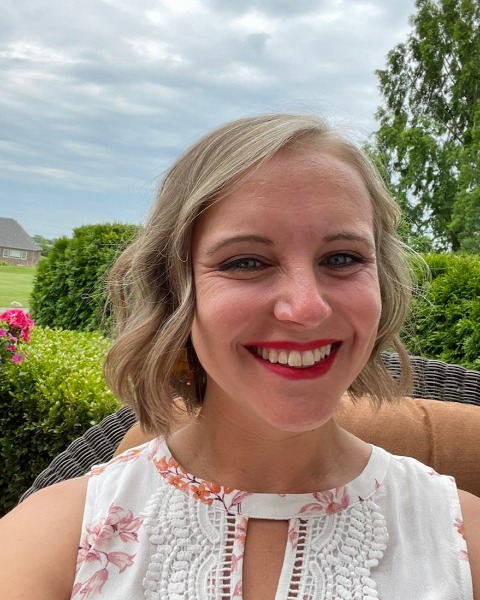Government Evaluation
Weaving the “L” in “MEL” into the “M and the “E”: Using Learning Agendas as a Tool for Data Storytelling
-

Kirsten Zeiter, MA (she/her/hers)
Monitoring & Evaluation Specialist
U.S. Department of State, United States -
NG
Nicole Germano (she/her/hers)
Monitoring & Evaluation Specialist
U.S. Department of State
Washington, District of Columbia, United States -

Natalie Donahue, n/a (she/her/hers)
Chief of Evaluation, Bureau of Educational and Cultural Affairs
U.S. Department of State, District of Columbia, United States
Presenter(s)
Location: Grand Ballroom 1
Abstract Information: Telling compelling stories helps us translate complex information into actionable learning and make strong cases for action. With this in mind, how can monitoring and evaluation (M&E) teams leverage the myriad sources of data available – from evaluations, monitoring data, desk reviews, and more – into stories that resonate with stakeholders and inspire action? In this demonstration, an M&E team from the U.S. Department of State’s Bureau of Educational and Cultural Affairs (ECA) will share how we’ve used our learning agenda as a tool for weaving learning into our M&E activities to tell meaningful stories of lessons learned. Rather than relying on standalone research activities to answer learning agenda questions, we’ve built processes whereby evidence from our ongoing M&E work is compiled in alignment with our learning agenda questions. This enables us to bring strategic, organization-wide learning together with learning related to standalone evaluations in order to foster a culture of learning. We will: (1) share our experience creating a learning agenda, focusing on the specific processes and steps that have helped us identify and meet stakeholder needs; (2) demonstrate the tools, processes, and resources our team uses to synthesize varied evidence and tell compelling data stories that inspire action; and (3) lead a discussion around common challenges and lessons learned for using a learning agenda to cultivate and deepen a culture of learning. Attendees will walk away from the session with recommended steps, tools, and practical tips they can use to intentionally integrate learning into their ongoing M&E work.
Relevance Statement: Learning agendas are important and increasingly relevant tools in the evaluator’s toolbox: they list priority knowledge gaps for organizations in the form of learning questions, identify how teams will go about answering those questions, and set out strategies for sharing that learning back with stakeholders. M&E teams excel at gathering quality evidence to answer pressing questions for their stakeholders, drawing on monitoring data, program evaluations, desk reviews, and more. While the field has made great strides in sharing findings and recommendations with stakeholders, a perennial challenge is how to best leverage this information in ways that inspire action. Learning agendas enable M&E teams to bring numerous sources of information together and synthesize that information into compelling stories of lessons learned. Learning agendas also serve as guides for prioritizing work by identifying questions that are most important and useful for organizations to answer, especially government agencies that serve a range of stakeholders. This is even more salient for the federal government evaluation community following the focus on learning agendas in the Foundations for Evidence-Based Policymaking Act of 2018 and in recent guidance from the Office of Management and Budget. The Monitoring, Evaluation, Learning and Innovation (MELI) Unit at the U.S. Department of State’s Bureau of Educational and Cultural Affairs’ (ECA) was intentional in developing processes that allow us to fold learning activities in with our existing work. With a large amount of quality evidence coming in from our evaluations, monitoring data, and research projects, we wanted to better leverage this information in support of our learning agenda. Rather than relying only on standalone research activities to answer learning agenda questions, we developed processes and accompanying tools to ensure evidence generated through our work is documented consistently and compiled in alignment with the questions. The result is a streamlined, systematized approach for incorporating learning throughout our M&E efforts. In our session, we will tell the story of how we created ECA’s learning agenda, focusing on the specific processes and steps that have helped us identify and meet the needs of stakeholders. We will then demonstrate the tools, processes, and resources our team uses to synthesize evidence and tell compelling data stories that inspire action. Facilitators will lead a discussion around common challenges, lessons learned, and practical tips for using a learning agenda to cultivate and deepen a culture of learning. Whether attendees are in the process of creating a learning agenda, implementing one, or simply striving to better use data for learning, they will walk away from the session with recommendations for weaving the “L” in “MEL” into the “M and the “E” of their work.
